Welcome to our blog! Here you'll find our latest news, industry updates and helpful tips and advice from our expert team.

Oil control serums are crucial for managing oily skin and maintaining a matte complexion. Adonis Manufacturing has developed expert formulations, i...
Learn More
Integrating an exfoliating peeling solution into your skincare routine, such as the powerful Ordinary AHA 30% + BHA 2% Peeling Solution, can have t...
Learn More
At Adonis Manufacturing, we specialize in the development and production of high-quality sunscreen solutions, including natural, non-organic cream ...
Learn More
Adonis Manufacturing has become a trusted name in the creation of sensitive skin cream, particularly tailored for those with sensitive skin types. ...
Learn More
Brightening toners, such as the niacinamide brightening toner from Adonis Manufacturing, are essential for enhancing the skin's natural radiance an...
Learn More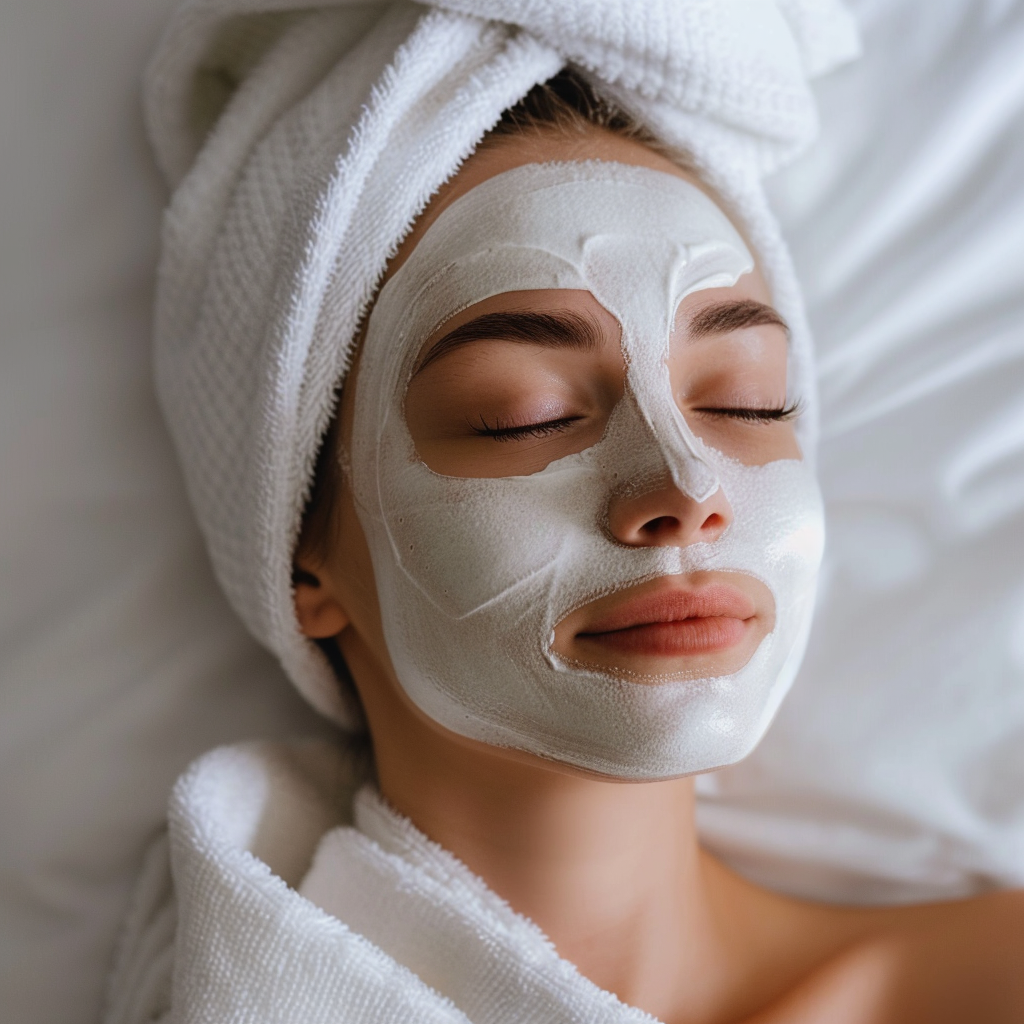
Enhancing Nighttime Recovery with Anti-Aging Night Masks Nighttime is a critical period for skin recovery, making the use of an anti-aging night ma...
Learn More
Adonis Manufacturing has consistently provided high-quality skincare solutions that cater to a wide range of needs. Understanding the unique charac...
Learn More
As the beauty industry evolves, hydrating toners have emerged as a cornerstone in daily skin care routines, particularly beneficial for maintaining...
Learn More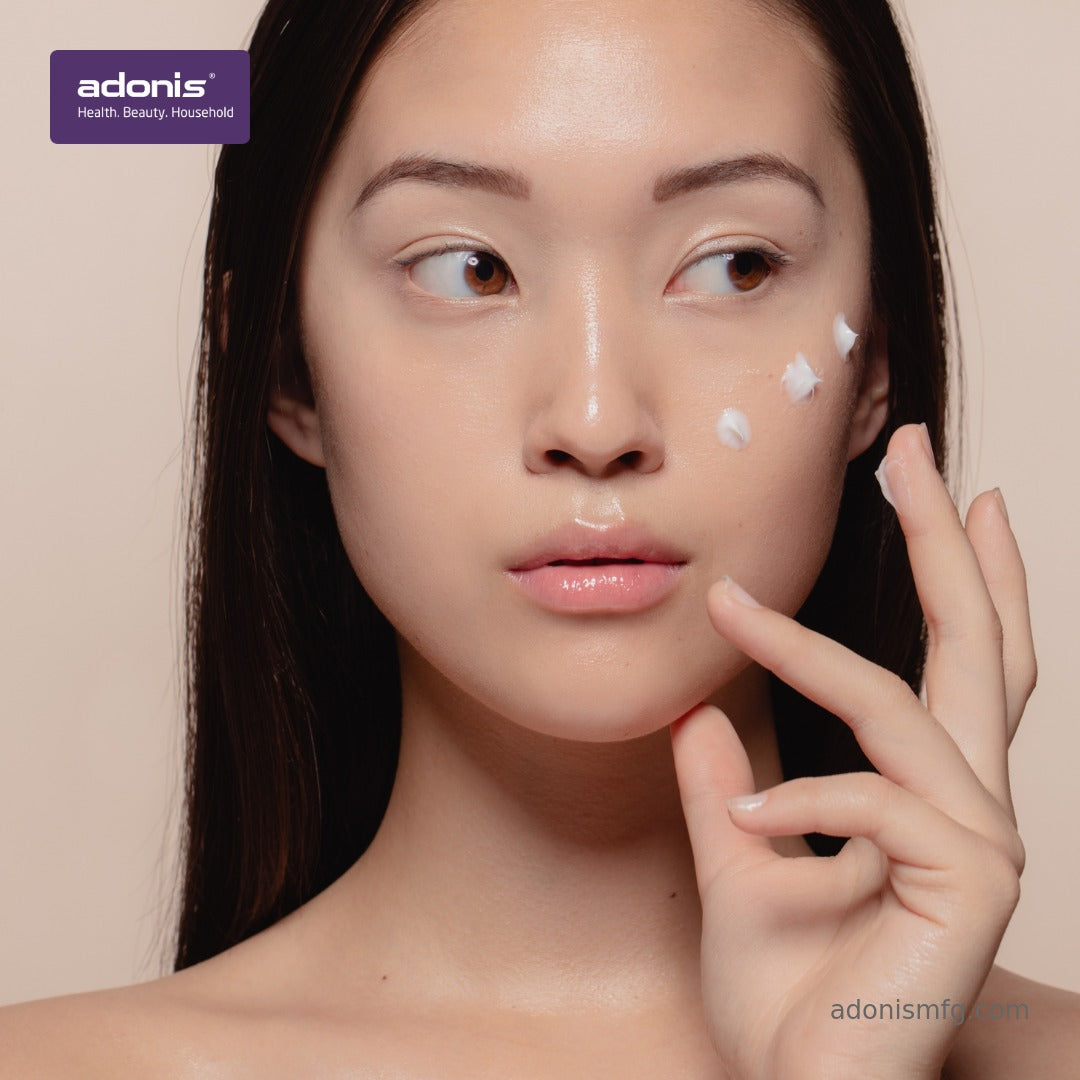
As consumers become increasingly aware of what they apply to their skin, the demand for organic lotions has seen a significant rise. At Adonis Manu...
Learn More
Addressing Hair Concerns with Anti-Shedding Hair Serums In the pursuit of healthier, fuller hair, individuals often encounter various challenges su...
Learn More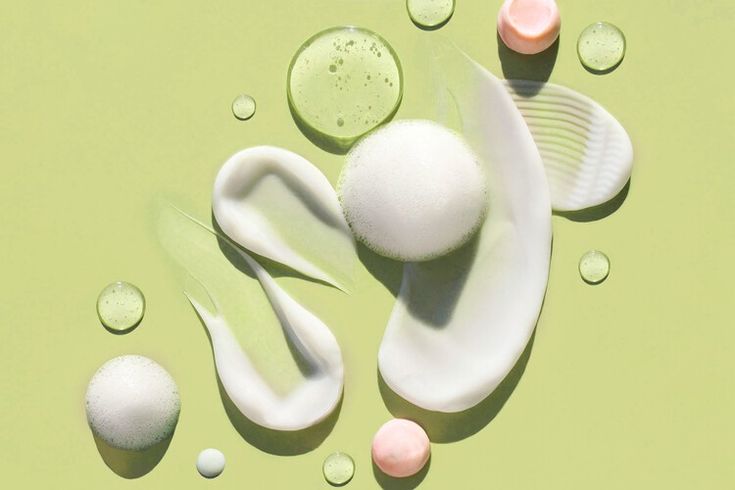
Finding the right anti-aging face moisturizer is crucial for maintaining the health and appearance of mature skin. With a myriad of options availab...
Learn More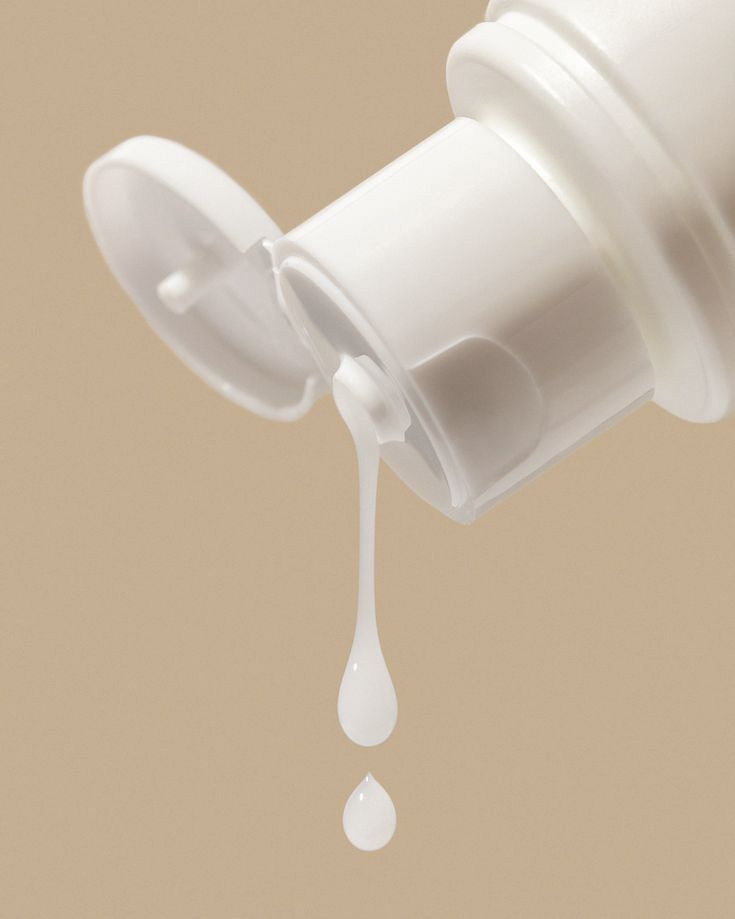
At Adonis Manufacturing, we specialize in crafting high-quality hydrating face masks that cater to a variety of skin types and concerns. As leaders...
Learn More
At Adonis Manufacturing, our dedication to integrating natural ingredients in our hair repair shampoo formulations helps to effectively repair and ...
Learn More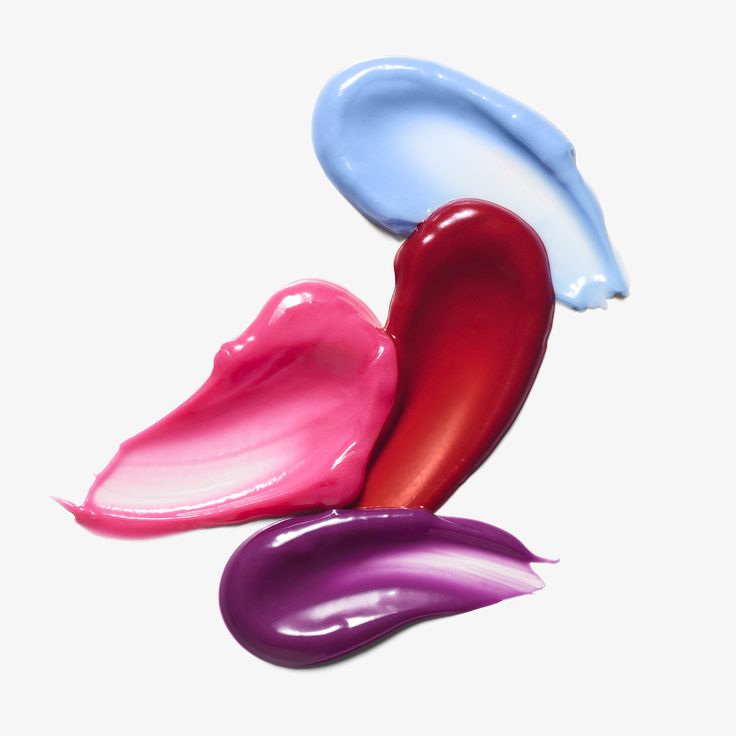
Enhancing and maintaining vibrant hair color is more accessible than ever with Adonis Manufacturing's innovative hair color leave-in mask. This ess...
Learn More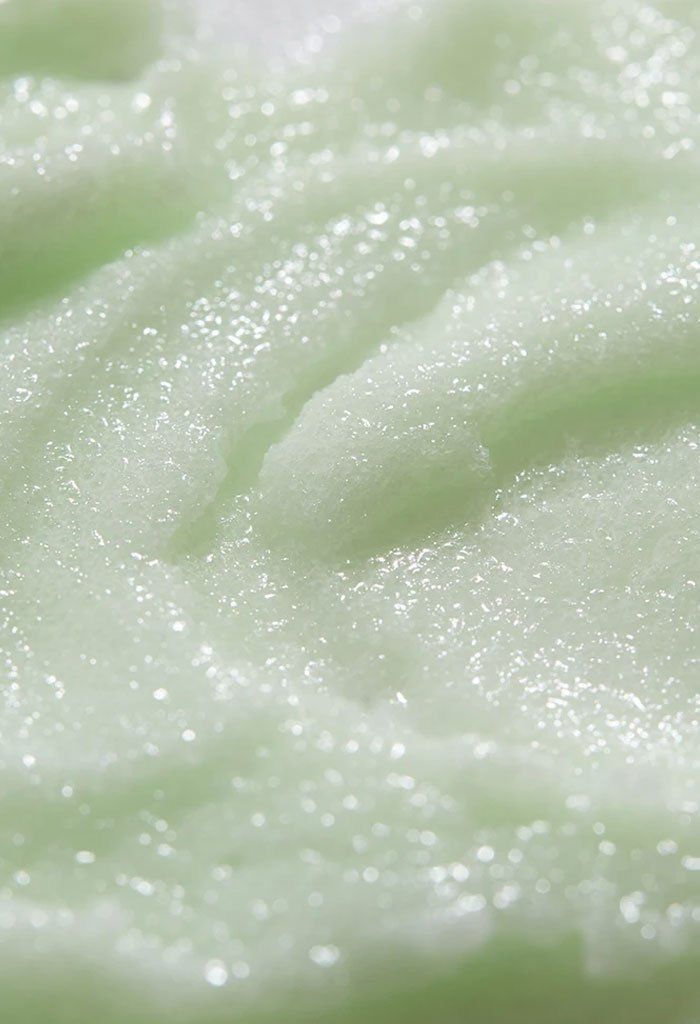
At Adonis Manufacturing, we understand the transformative power of an excellent exfoliating body scrub. Our expertise in private label cosmetics an...
Learn More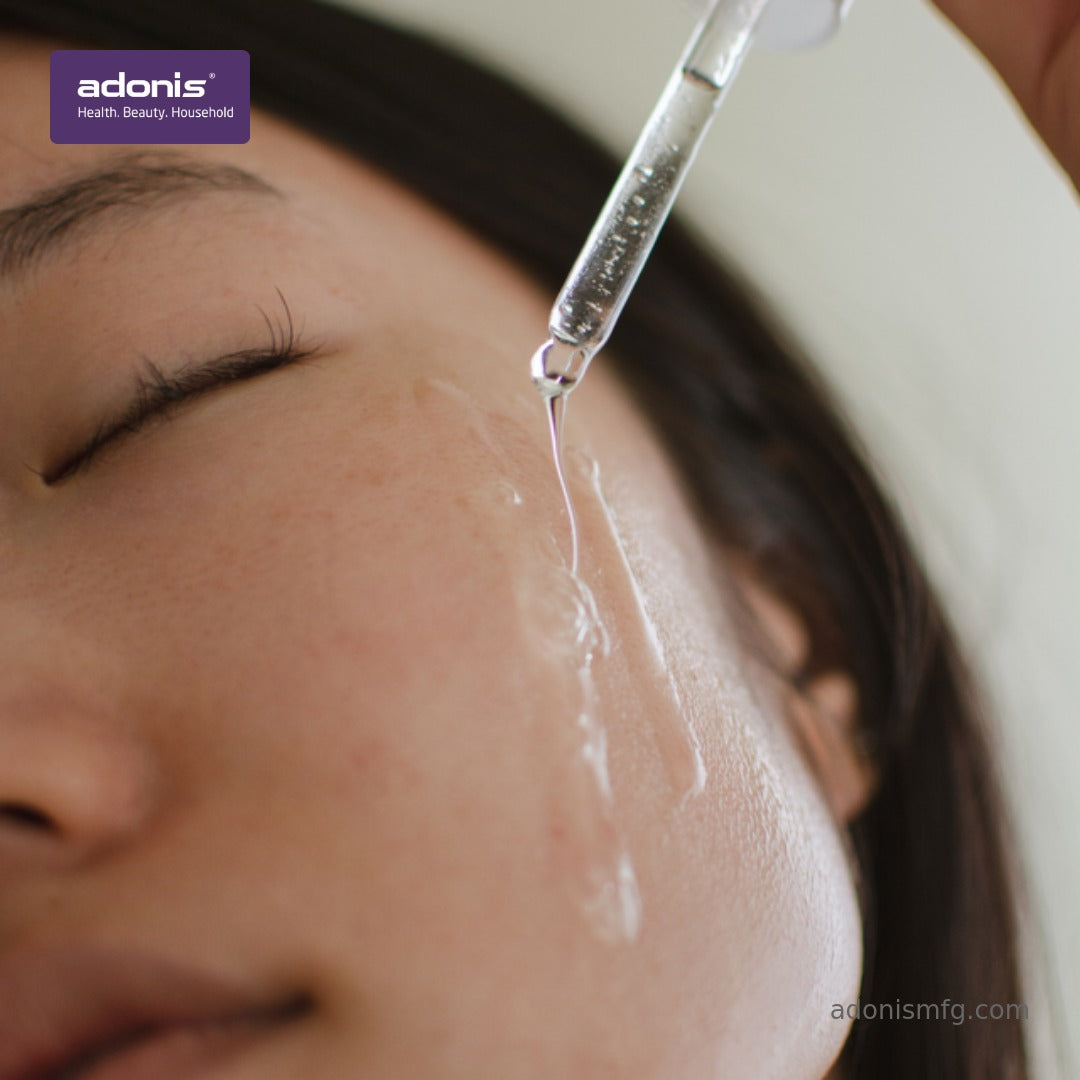
Selecting the right face brightening serum can dramatically enhance your skin tone and effectively reduce discoloration. This guide, crafted by Ado...
Learn More
At Adonis Manufacturing, we specialize in crafting hair growth oil that nourishes the scalp and stimulates hair growth, promoting healthier, thicke...
Learn More
Adonis Manufacturing specializes in creating acne creams designed for acne-prone skin, leveraging over 36 years of expertise in cosmetic manufactur...
Learn More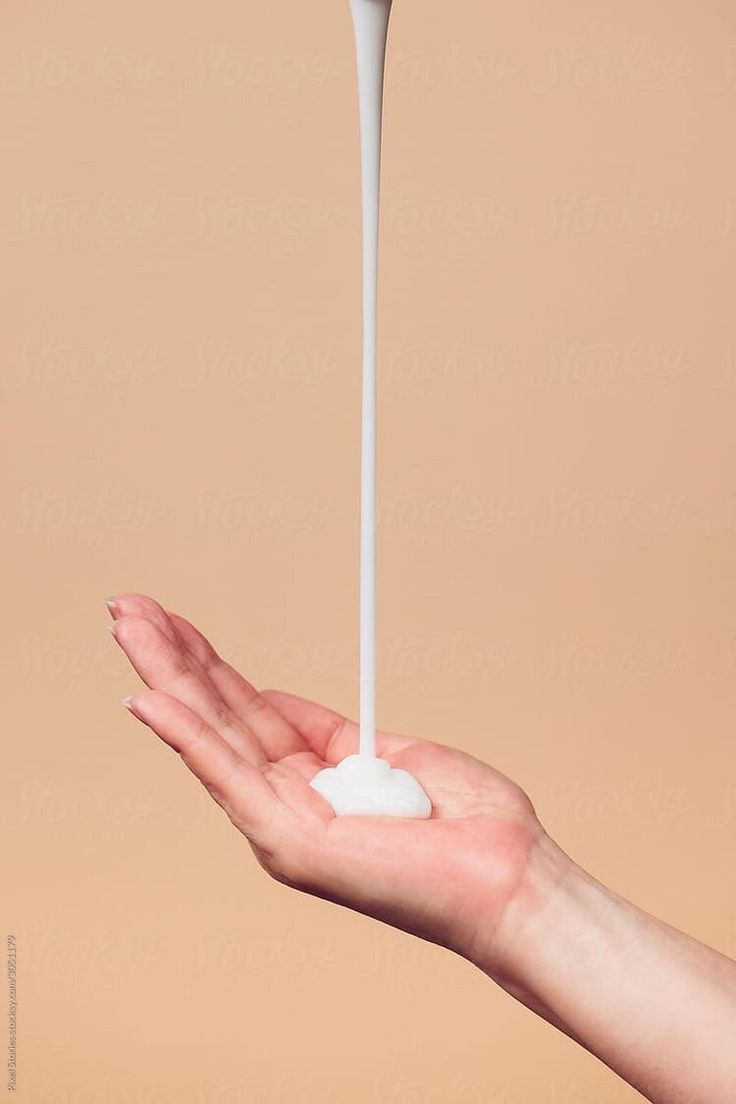
Hydrating lotion is essential for maintaining the health and appearance of skin, especially over time. At Adonis Manufacturing, we focus on creatin...
Learn More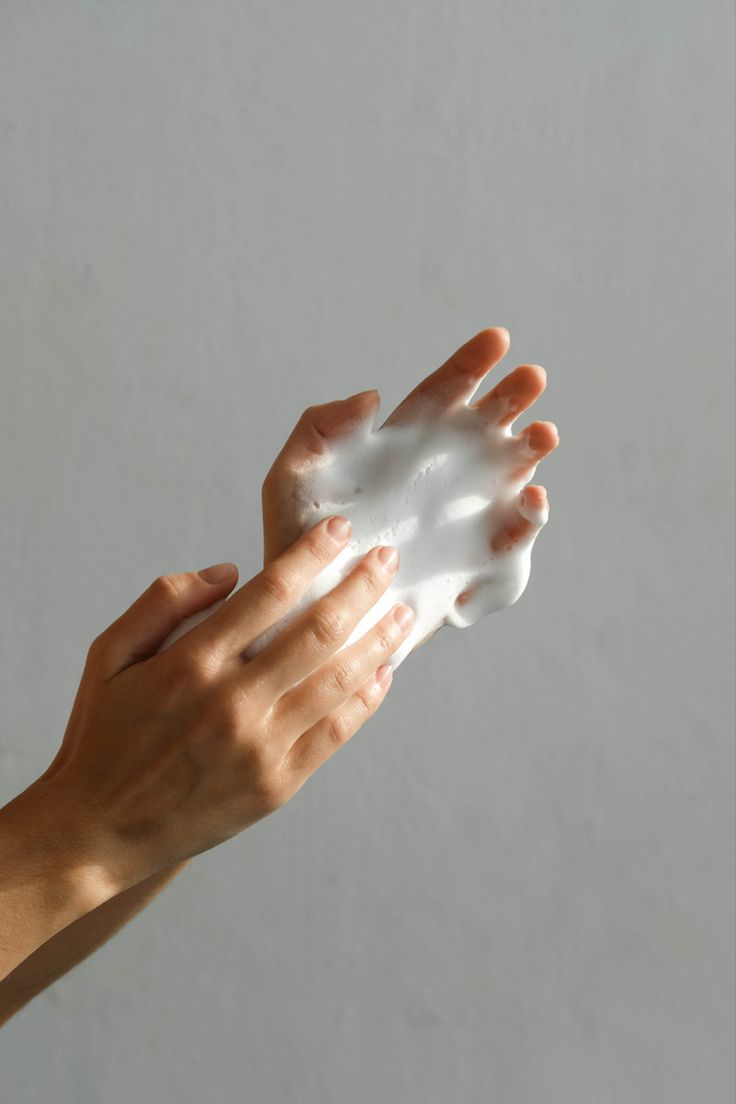
Selecting the right anti aging cleanser for your skin type is essential for maintaining a youthful, vibrant complexion. Adonis Manufacturing, with ...
Learn More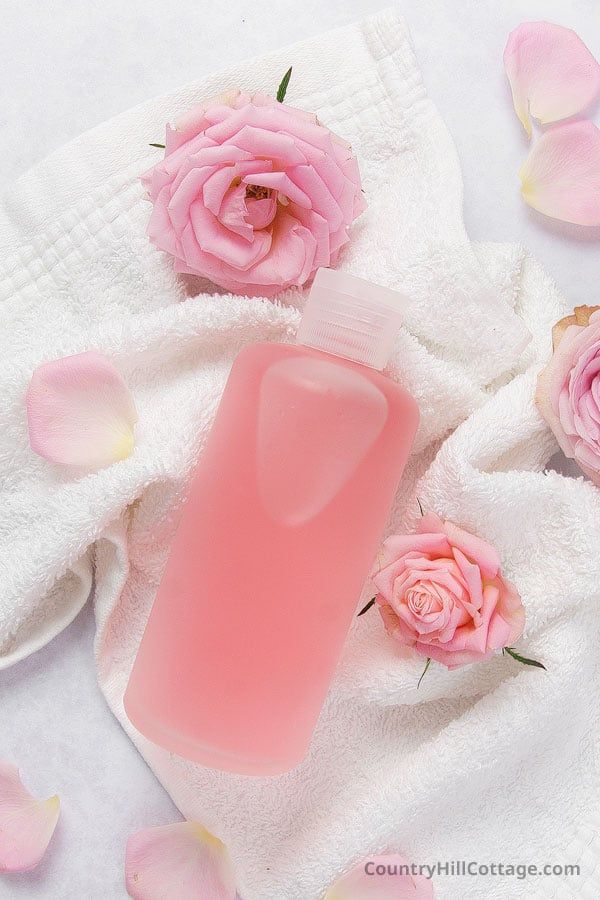
In the ever-evolving world of skincare, staying informed about the best products for maintaining healthy, glowing skin is essential. Adonis Manufac...
Learn More
Sunscreen is an essential part of daily skin care, especially when considering the protection against the harmful effects of UV rays. Adonis Manufa...
Learn More
Identifying an effective face acne cream spot treatment is pivotal in treating acne, achieving smoother skin, and ultimately ensuring smooth skin i...
Learn More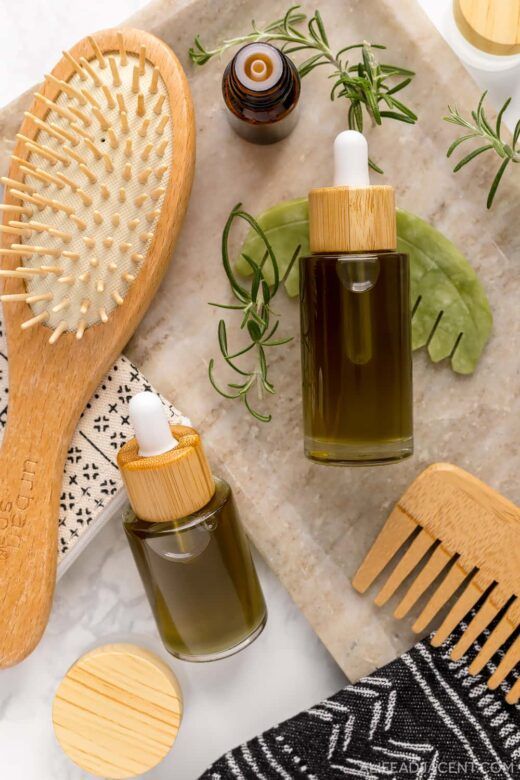
At Adonis Manufacturing, our focus extends beyond basic cosmetic manufacturing to encompass innovative solutions in personal care. Hair treatment o...
Learn More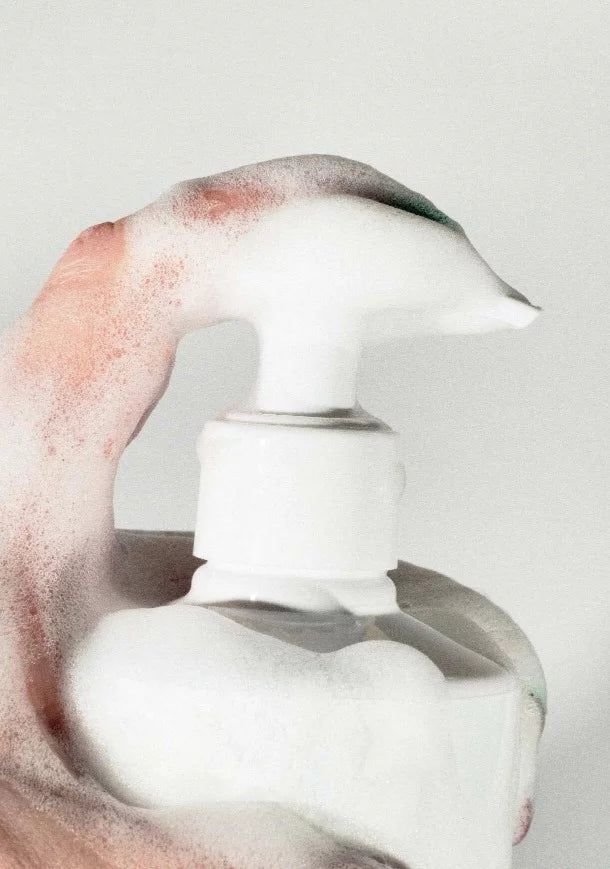
In the bustling world of skin care, maintaining skin hydration and elasticity is a paramount concern for many consumers. Adonis Manufacturing has b...
Learn More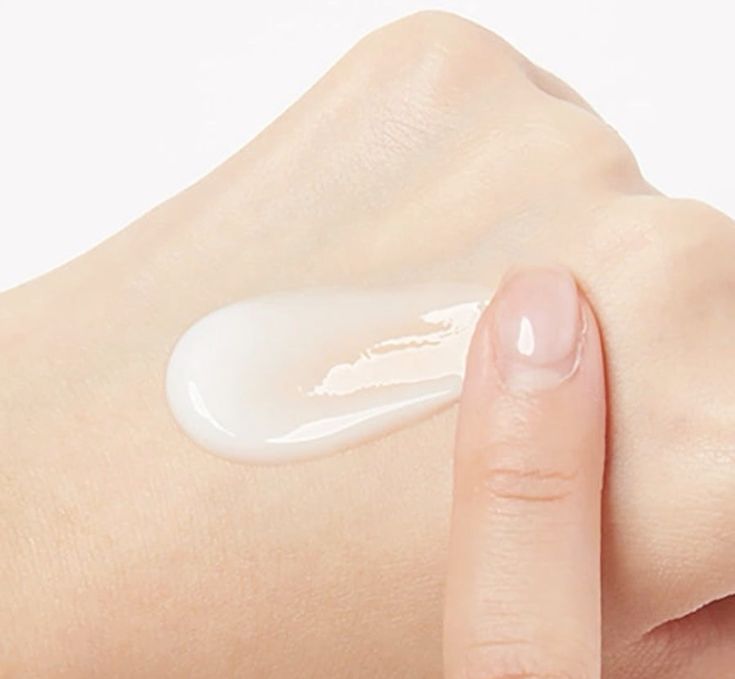
At Adonis Manufacturing, we recognize the unique challenges that come with sensitive skin—a skin condition marked by increased likelihood of skin i...
Learn More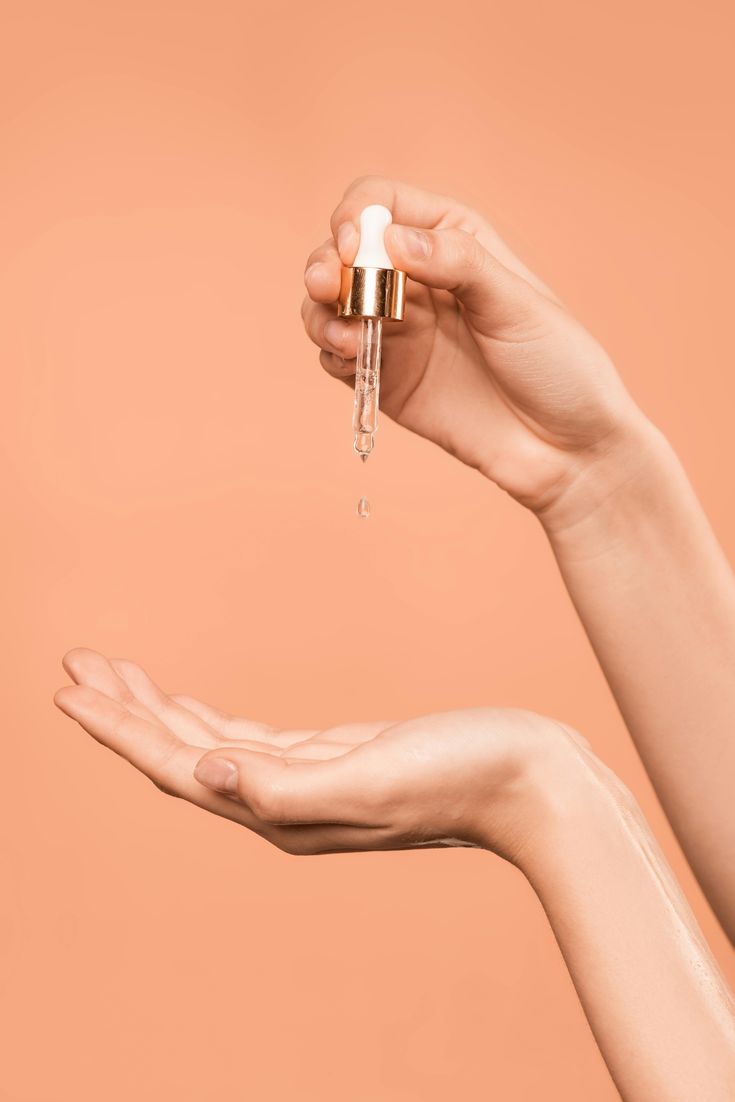
Adding a face brightening serum to your nightly skincare routine can significantly improve your skin’s radiance and texture. Known for their potenc...
Learn More
Understanding how to correctly apply hair conditioner can significantly improve your hair’s health and appearance. Adonis Manufacturing, renowned f...
Learn More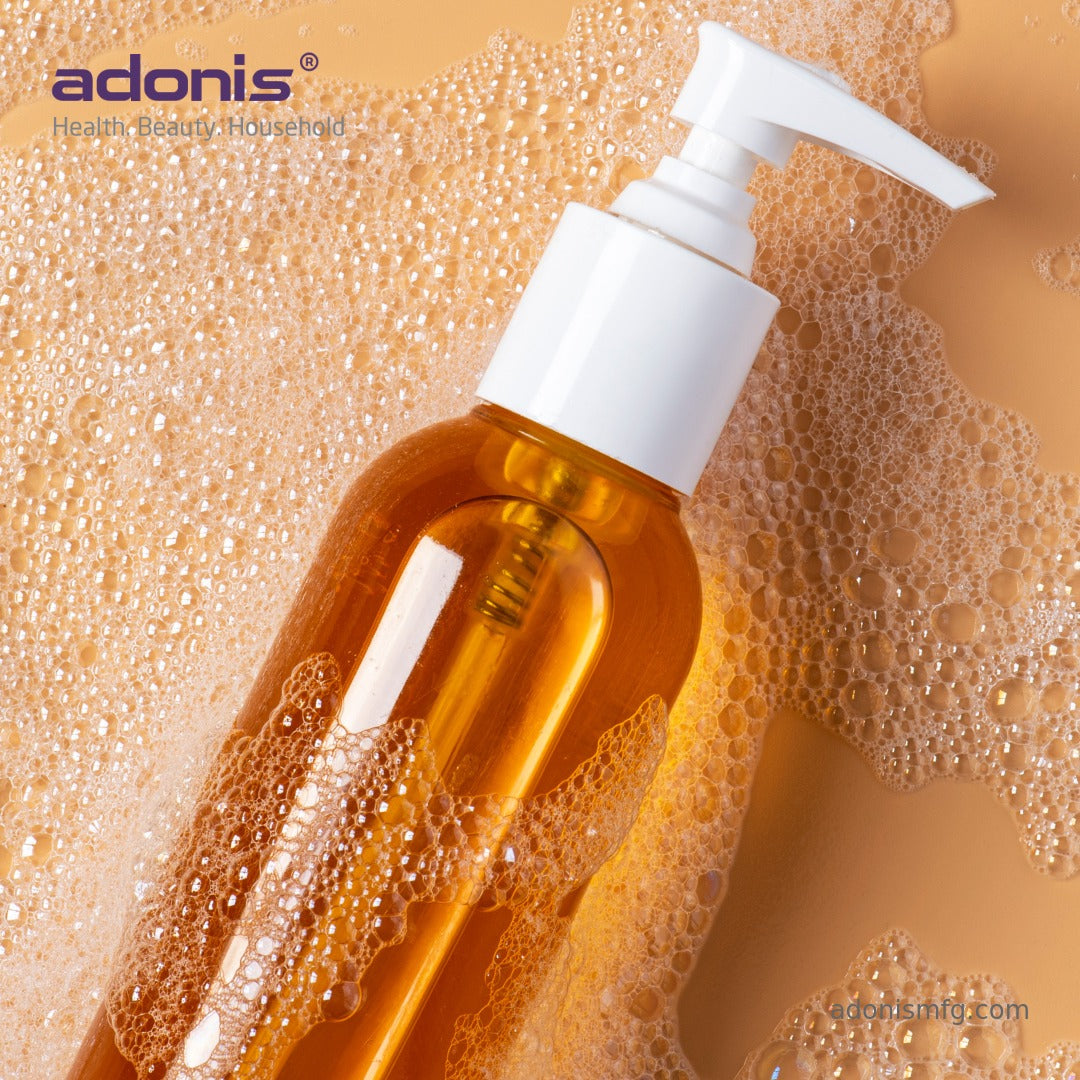
At Adonis Manufacturing, we focus on crafting personal care products that cater to a variety of skin types and personal care needs, including the b...
Learn More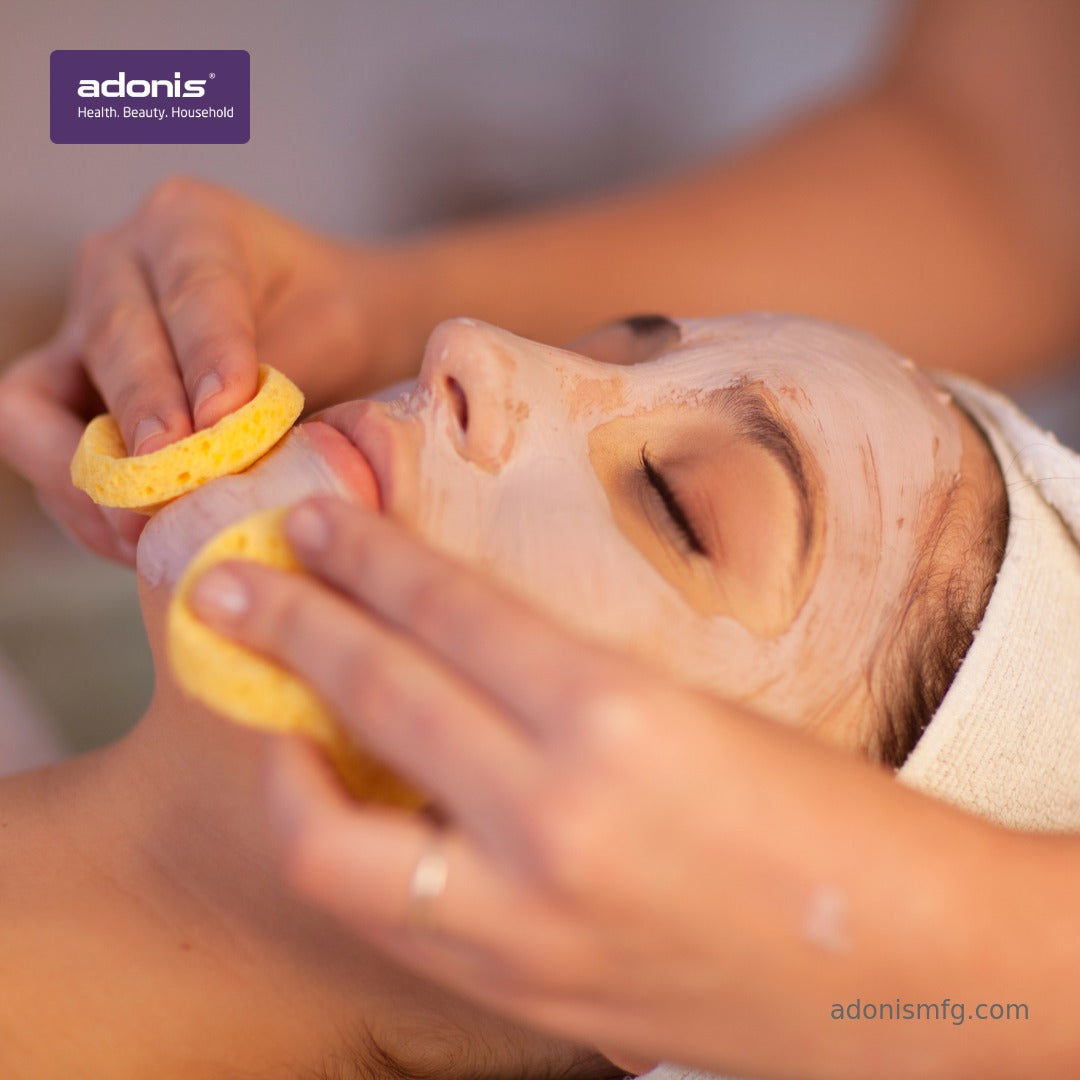
Face masks are a crucial part of skincare routines, offering targeted treatments for various skin conditions and types. Choosing the right face mas...
Learn More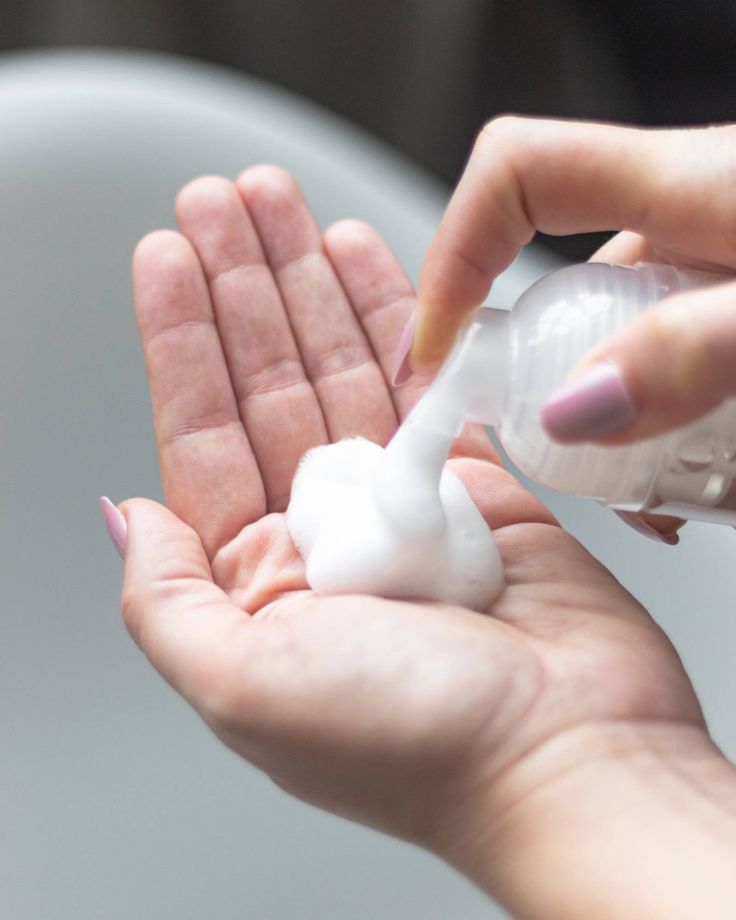
Understanding the fundamental role of face cleanser in skincare is crucial for maintaining a healthy skin barrier. At Adonis Manufacturing, we reco...
Learn More
For those who revel in outdoor activities or are engaged professionally in athletics, understanding protect your skin from the sun's ultraviolet, a...
Learn More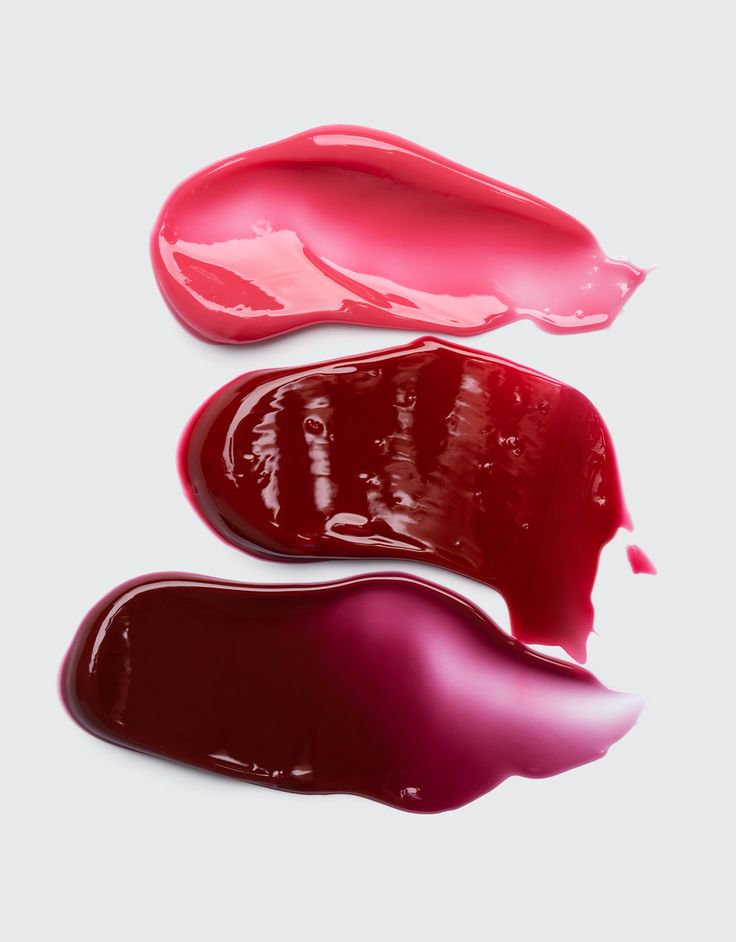
Adonis Manufacturing, a women-owned business, has been at the forefront of cosmetic manufacturing, particularly in the development of innovative pr...
Learn More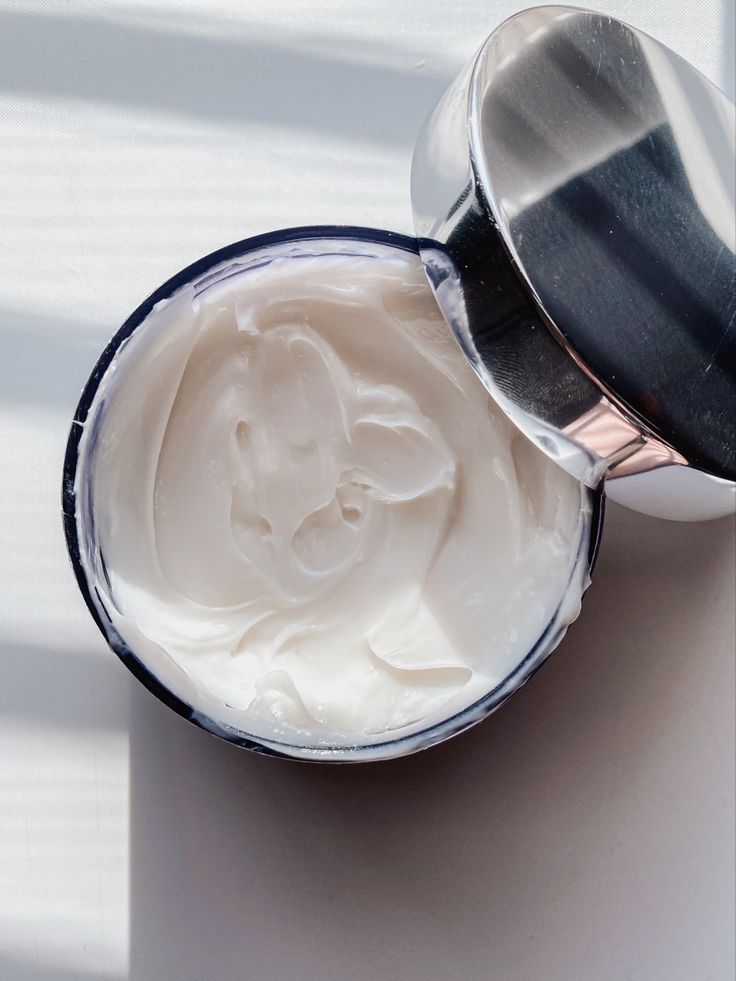
Adonis Manufacturing understands that every man's skin and hair require careful attention, making the selection of the right grooming tools kit, ra...
Learn More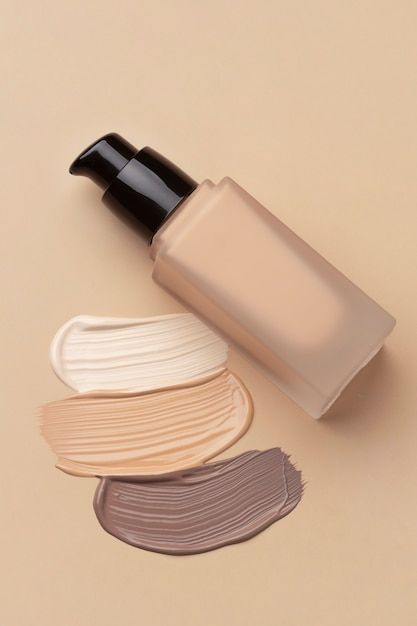
Starting a private label skincare business involves not just an idea but a strategic approach to branding, product development, and market entry. A...
Learn More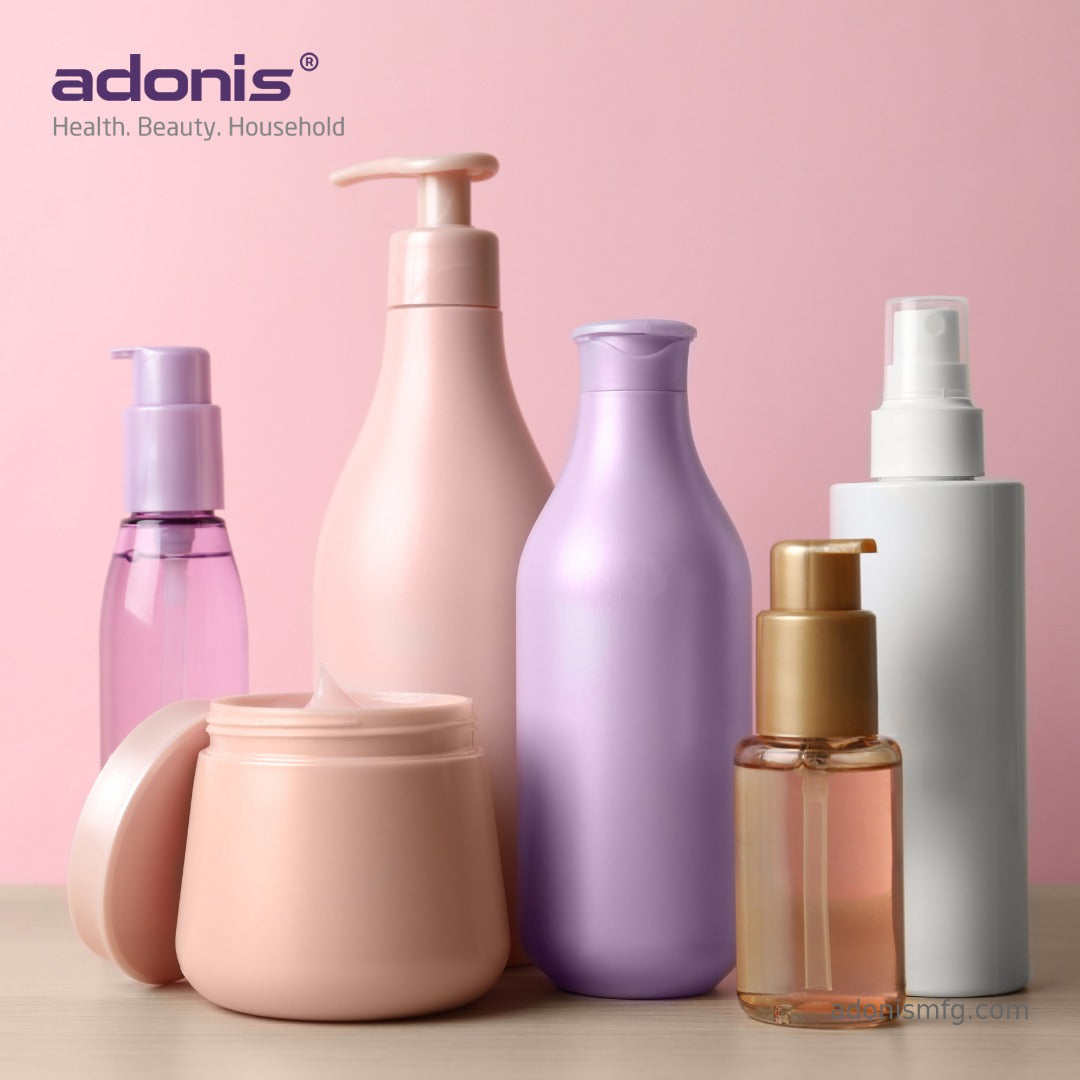
Adonis Manufacturing has consistently prioritized a profound understanding of skin aging and its mitigation through effective skincare products. Fo...
Learn More
Choosing the right eye serum for various skin types can be a challenge, but understanding the serum' key components and their benefits can help you...
Learn More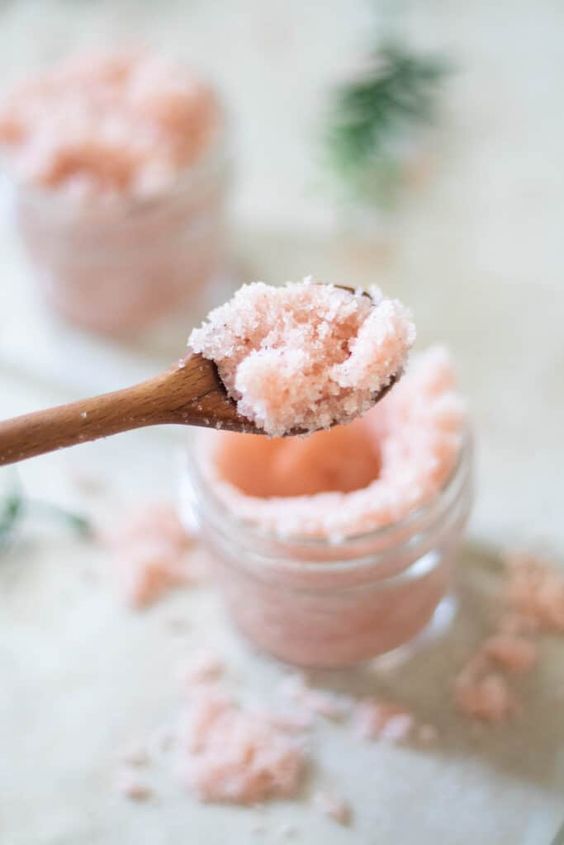
At Adonis Manufacturing, we understand that achieving radiant skin is a goal shared by many. Using a body scrub packed with nourishing ingredients ...
Learn More
Adonis Manufacturing, a seasoned pioneer in the cosmetic industry, has become a key player in advancing the realm of custom cosmetic formulations. ...
Learn More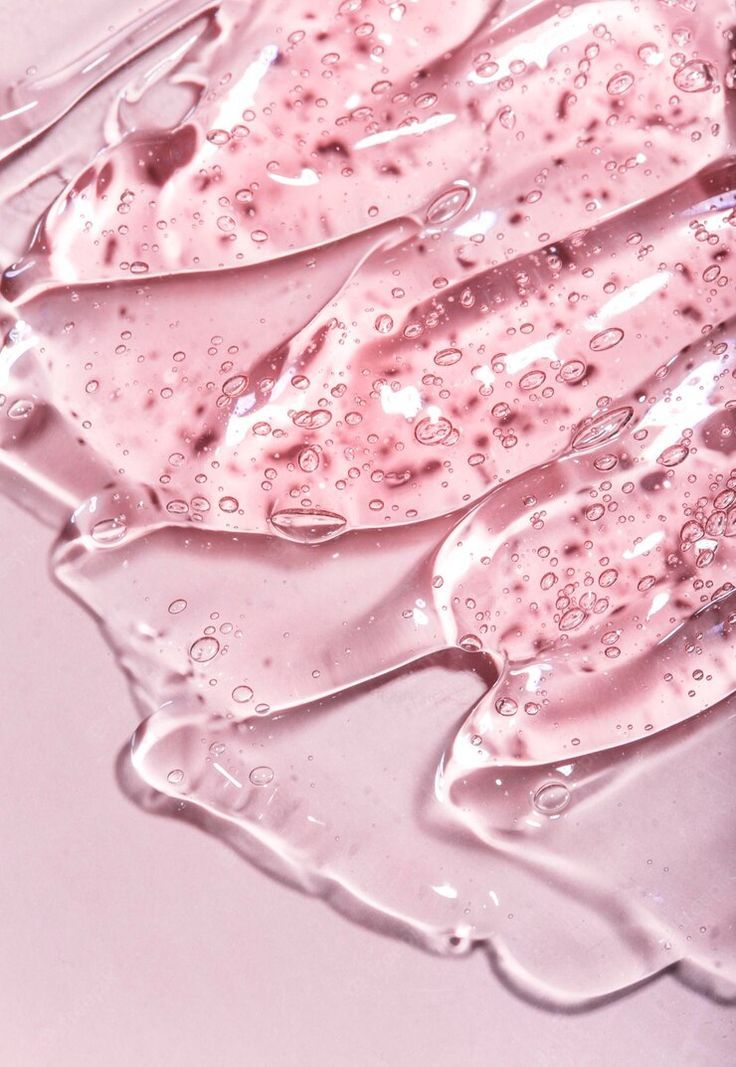
As the personal care sector continuously evolves, trends in shower gels and moisturizing body washes are significantly influencing consumer prefere...
Learn More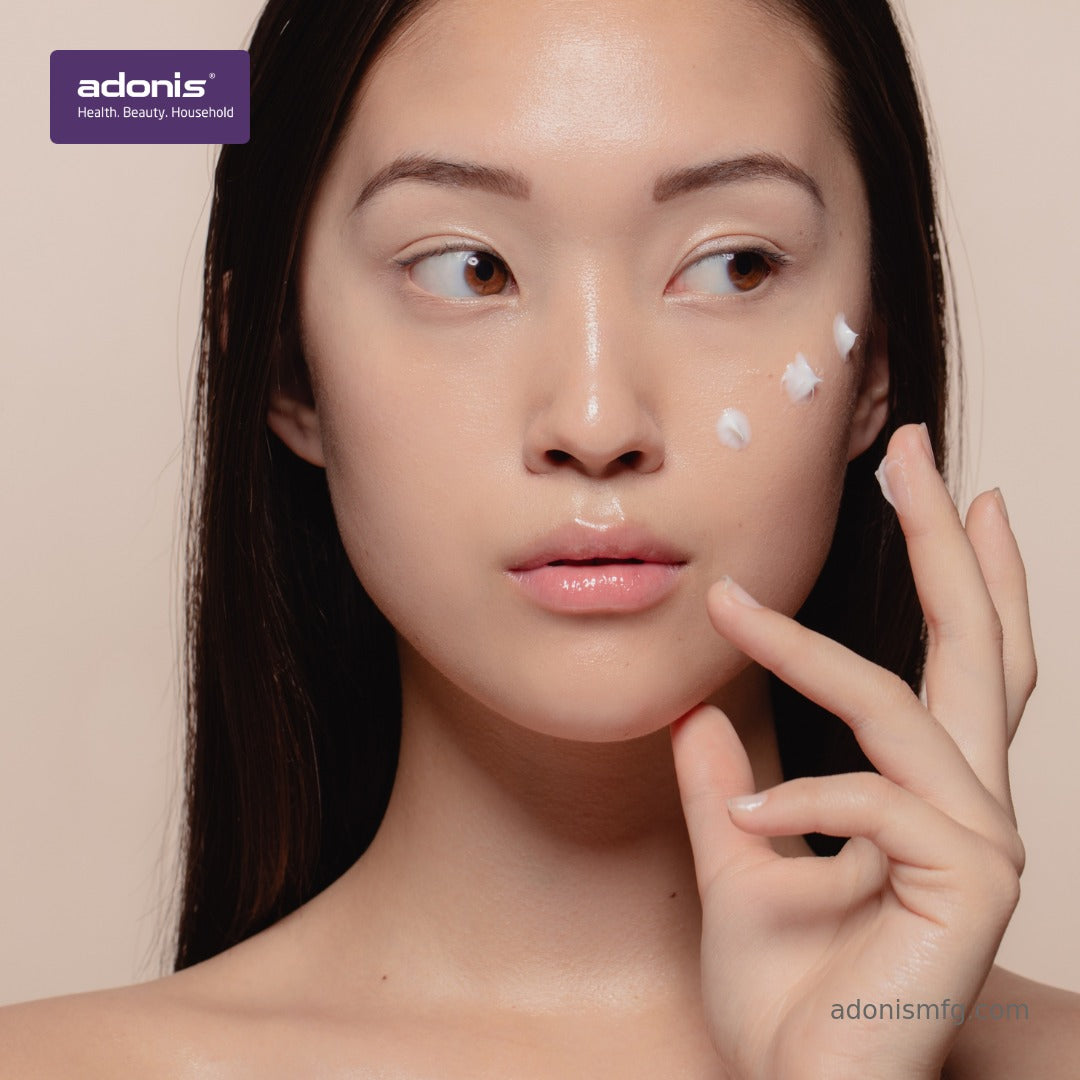
Adonis Manufacturing shines as a pioneer in private label cosmetics, specializing in contract manufacturing and cosmetic production. With a legacy ...
Learn More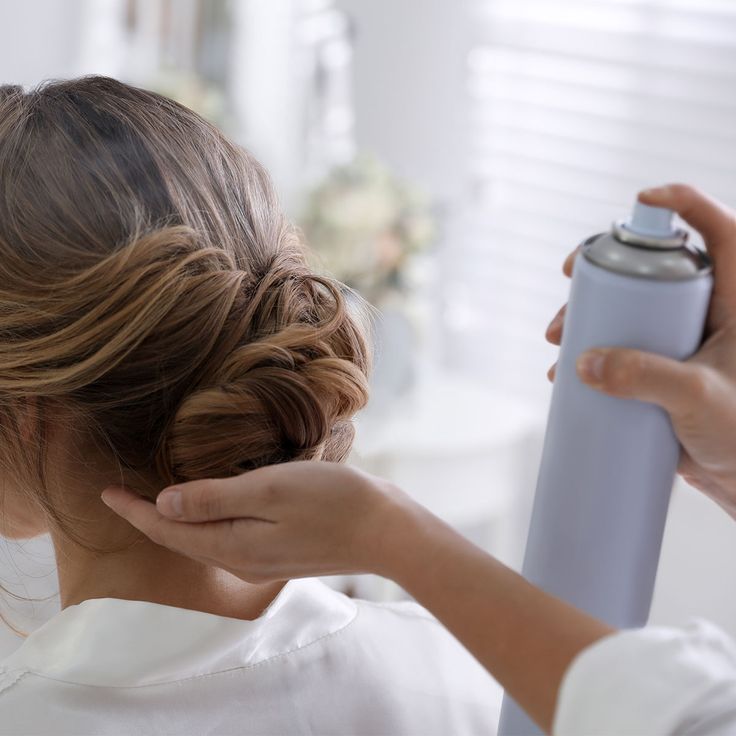
At Adonis Manufacturing, we understand the intricate needs of fine hair styling, where achieving volume and hold without the weight is crucial. Our...
Learn More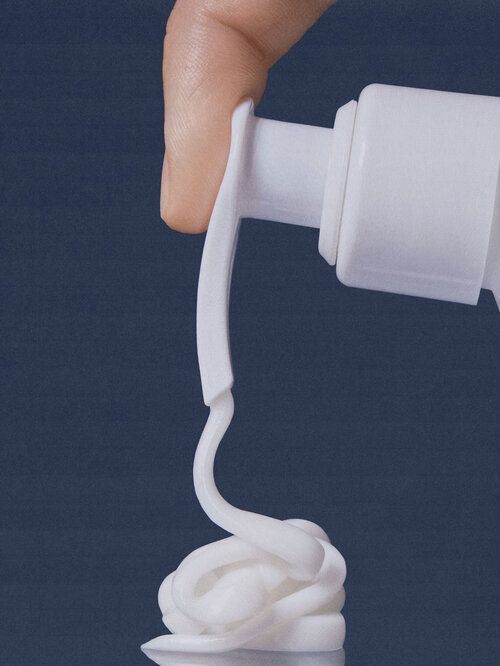
Understanding the mechanics of body lotion on the skin is essential in today's beauty and skincare industry. Adonis Manufacturing, with over three ...
Learn More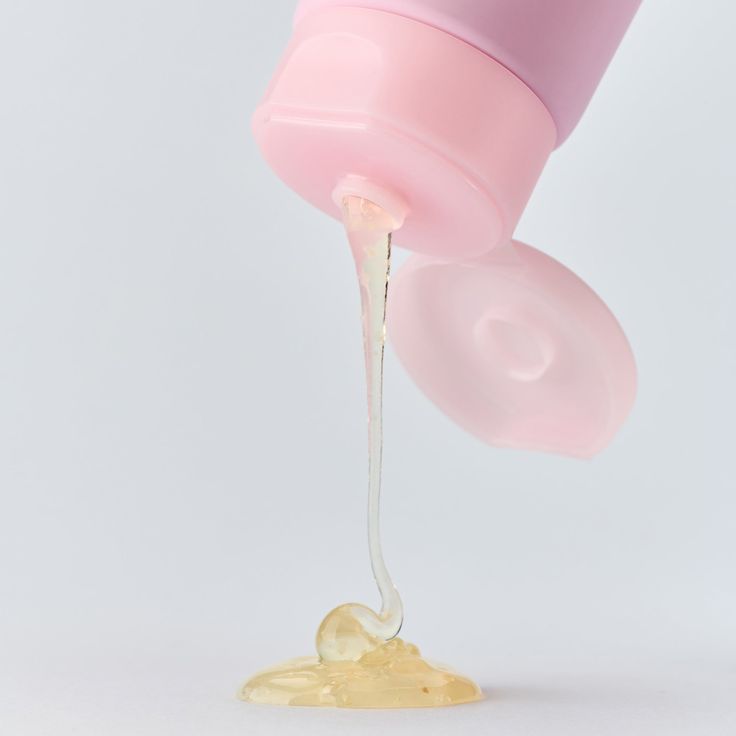
Adonis Manufacturing has established a significant footprint in the realm of cosmetic manufacturing, especially in the development and production o...
Learn More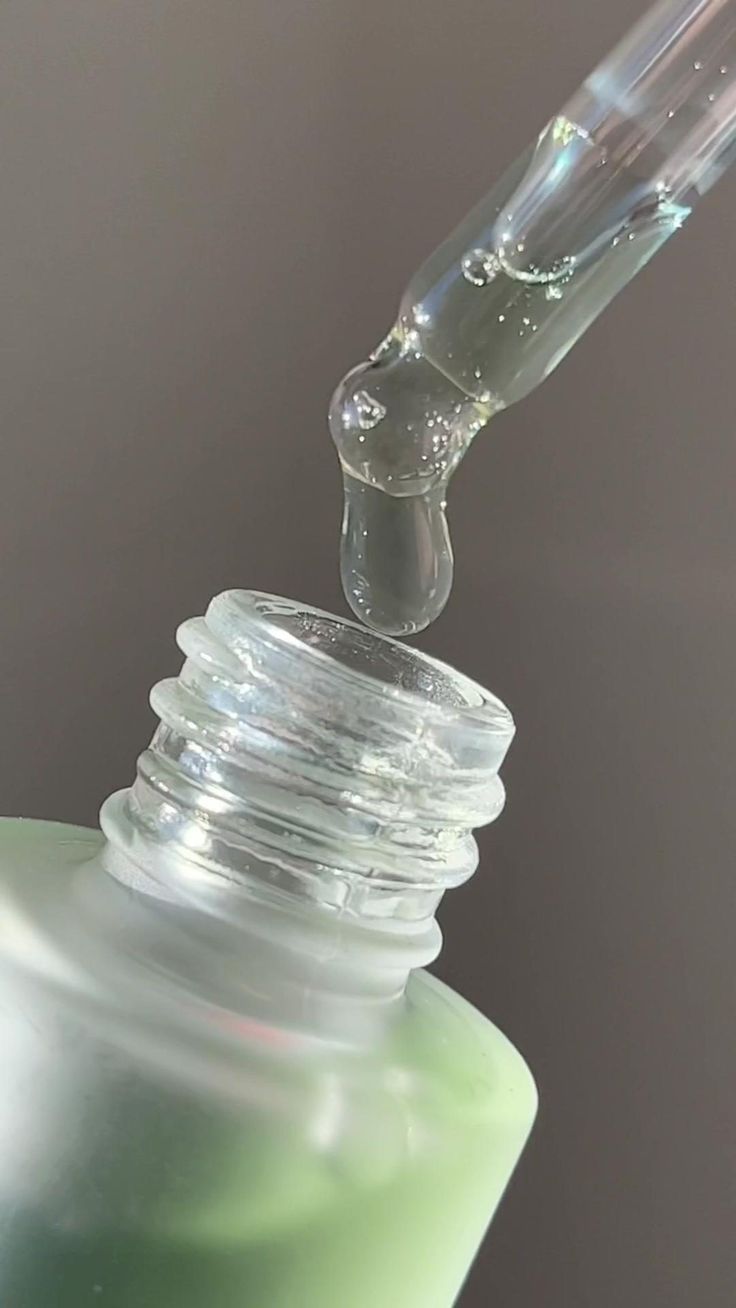
Adonis Manufacturing has been at the forefront of cosmetic manufacturing, offering innovative solutions that cater to the evolving needs of the bea...
Learn More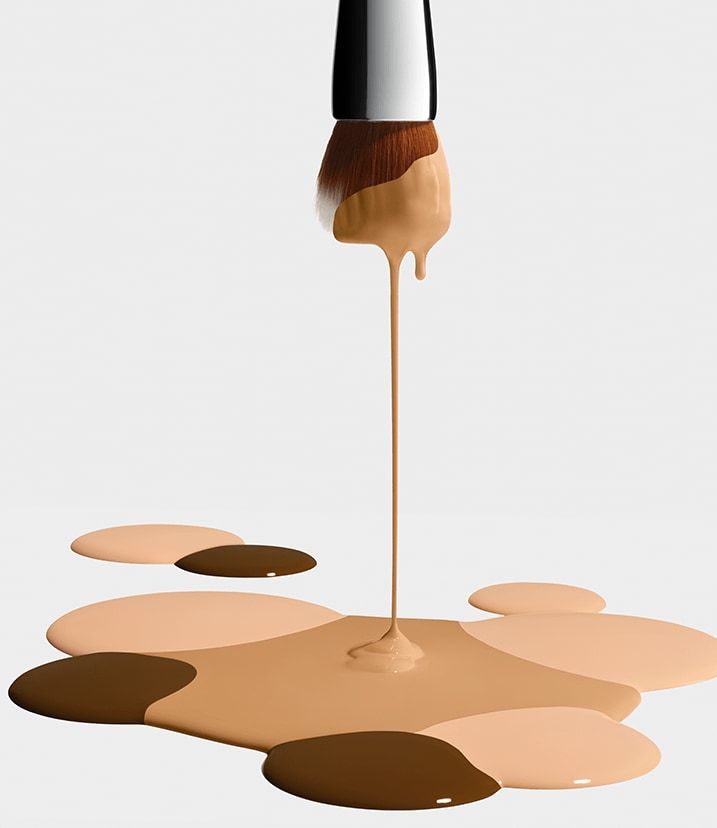
Adonis Manufacturing has been at the forefront of cosmetic manufacturing, providing comprehensive solutions for brands looking to expand or create ...
Learn More
In the evolving world of skin care, the emphasis on maintaining healthy, hydrated skin has never been greater. Adonis Manufacturing, with its exten...
Learn More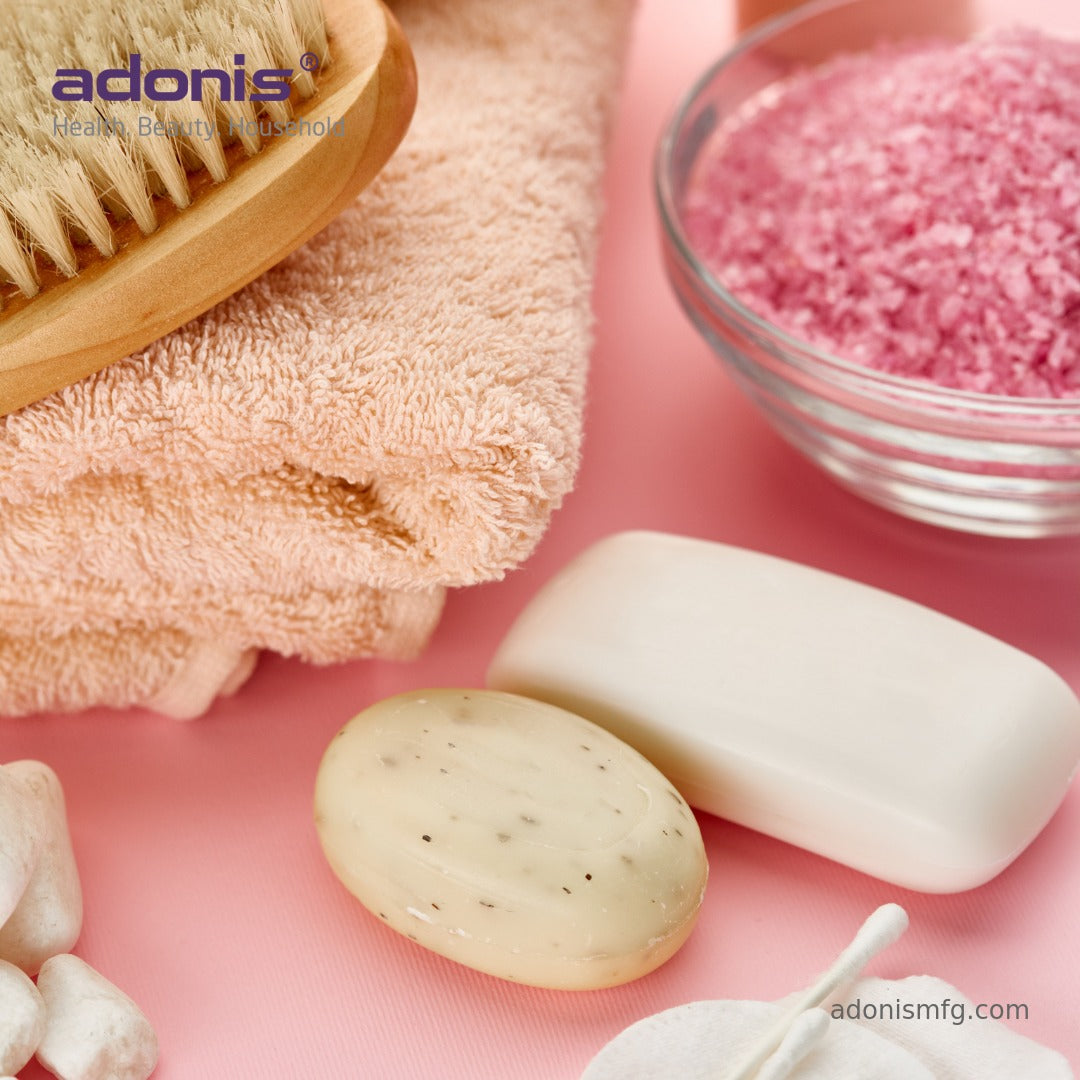
When it comes to maintaining hygiene and ensuring the health of your skin, selecting the right hand soap is crucial. Adonis Manufacturing, with ove...
Learn More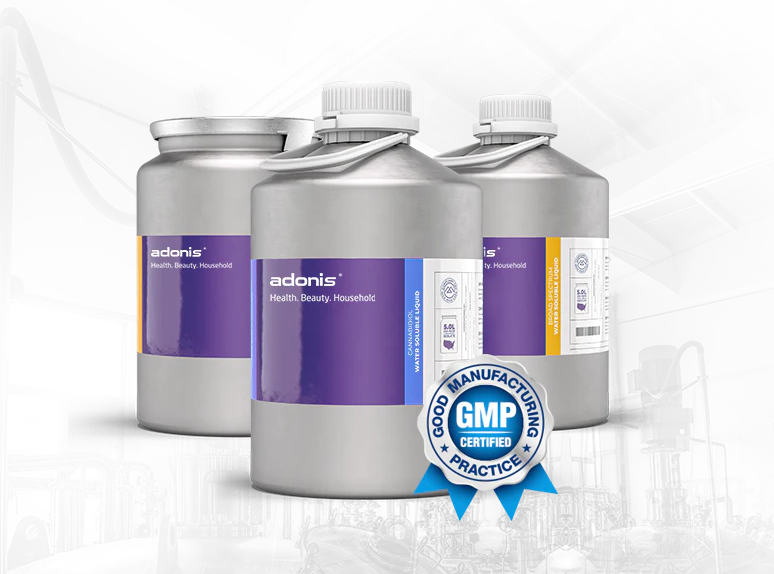
Adonis Manufacturing has carved a niche in the competitive landscape of certified product manufacturing, especially in the realms of private label ...
Learn More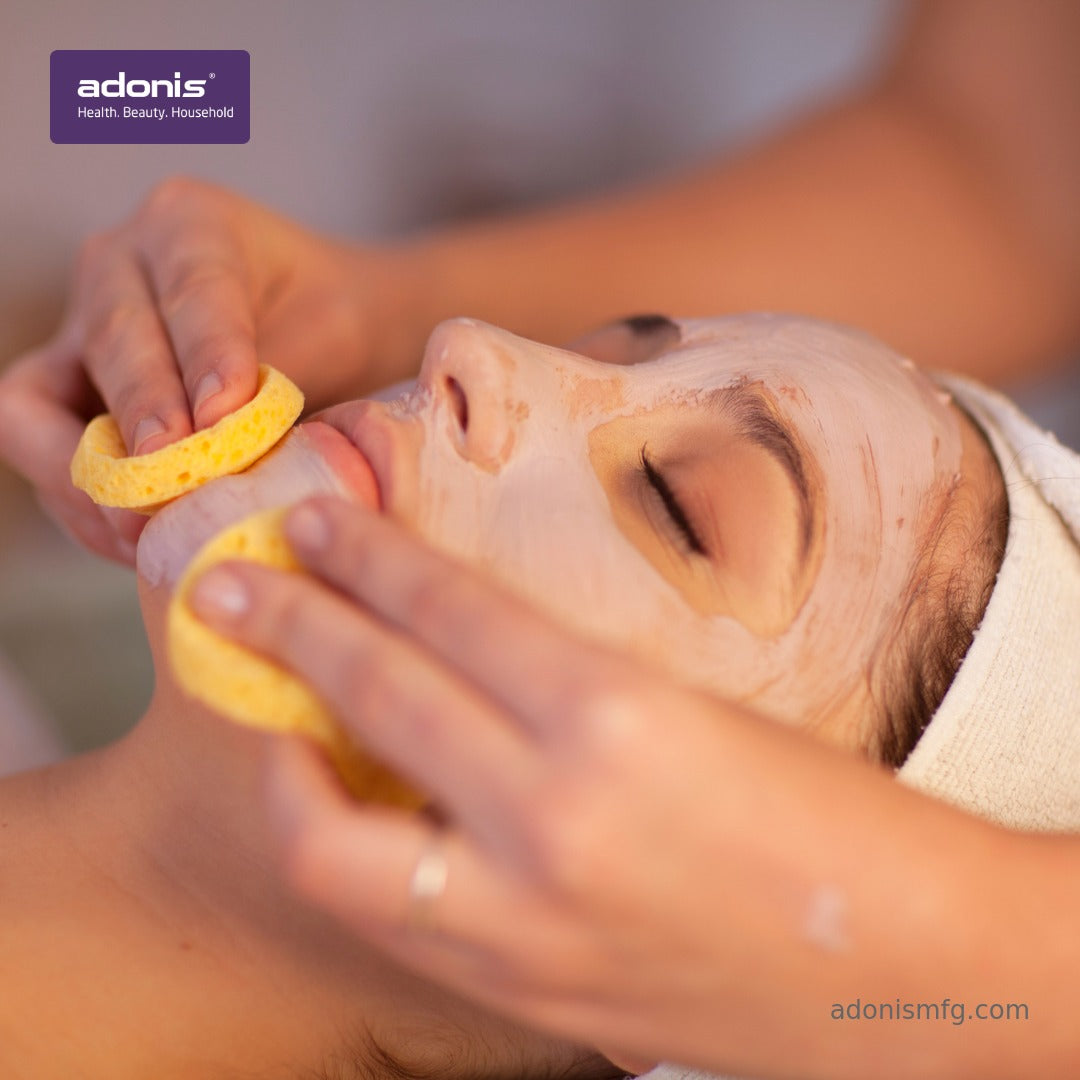
Adonis Manufacturing is at the forefront of blending sustainability with beauty, crafting eco-friendly beauty solutions that meet the modern consum...
Learn More